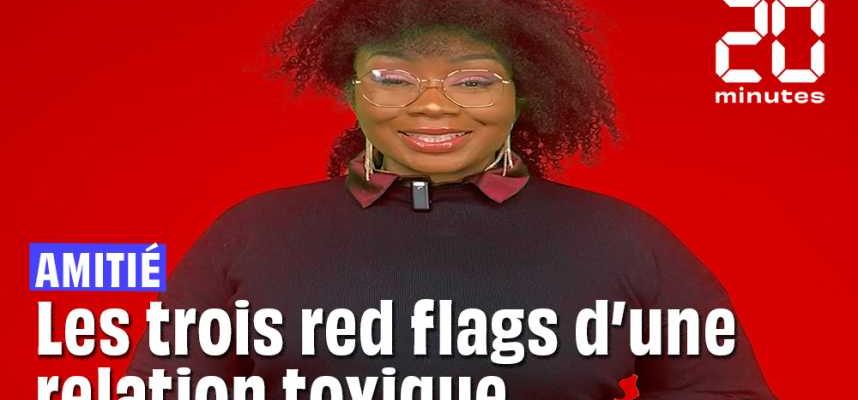A painful relationship is not only painful when there is aggression or physical abuse. Discomfort can also be on a moral level. To find out if you are in a healthy relationship (or not), therapist Assa Djelou from the firm “ Desire and Become “, give to 20 minutes three points considered as “red flags”, i.e. warning signals which portend a potentially toxic relationship.
Red flag No. 1, non-reciprocity
The first discomfort that can be felt in a friendly relationship is non-reciprocity. You are in this situation, when your friend never or very rarely makes himself available when you need him. However, in the opposite pattern, you are constantly present to support and accompany this person.
And if after talking, the person still does not seem interested in wanting to be more present for you when necessary, this may be a sign of a one-sided relationship, and therefore painful for you emotionally. Asking a friend to support you is a completely “legitimate” request, explains Assa Djelou.
Red flag No. 2, the complaining or negative friend
If this friend holds you back, constantly complains and always sees life or your projects in a very negative way, you need to be vigilant. Indeed, the therapist warns, such a friend can cause you to “slow down your rate of progress.” Which can be a way for this person to “reassure” themselves by trying to keep you on their level.
This can be the case if you no longer dare to be yourself around this person, and no longer dare to entrust them with your projects. Be careful, “this friend is very clearly limiting you,” warns Assa Djelou, who advises taking the time to “select” your friends. According to her, those around you can cause “your downfall” or “your rise”.
Red flag No. 3, the competition
Another aspect that should concern you: competition, if in a subtle or direct way this person begins to show you that they want to surpass you in certain areas.
The therapist qualifies: “there are two forms of competitiveness”. The first form is healthy, to the extent that you will “challenge” yourself in the relationship to move forward, grow and together. Not to be confused with the second form which is totally toxic, when the other person constantly tries to be better than you and wants to let you know it.
Tips for choosing your friends wisely
Firstly, you must have a “healthy and caring relationship with yourself”, begins the therapist. By this, Assa Djelou means that you must first be self-sufficient. The other should only be a “complement to this initial state of well-being” and not be its source. “This will prevent you from falling into a pattern of dependence,” underlines the professional.
If you have identified a toxic friendship, speak with the person involved to inform them of your expectations and observations. In the event that your interlocutor is in denial, the therapist recommends opting for a “defense mechanism”, which consists of “choosing yourself” by ending the relationship.

